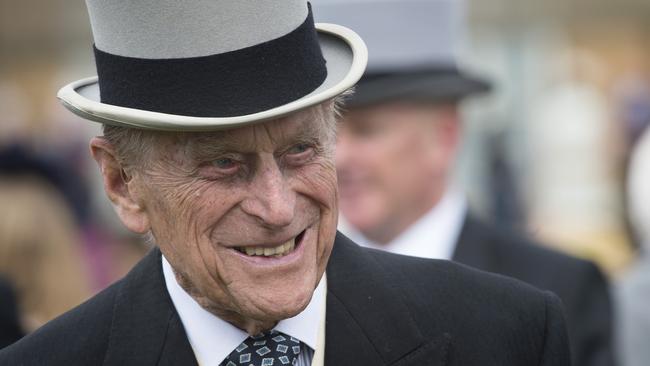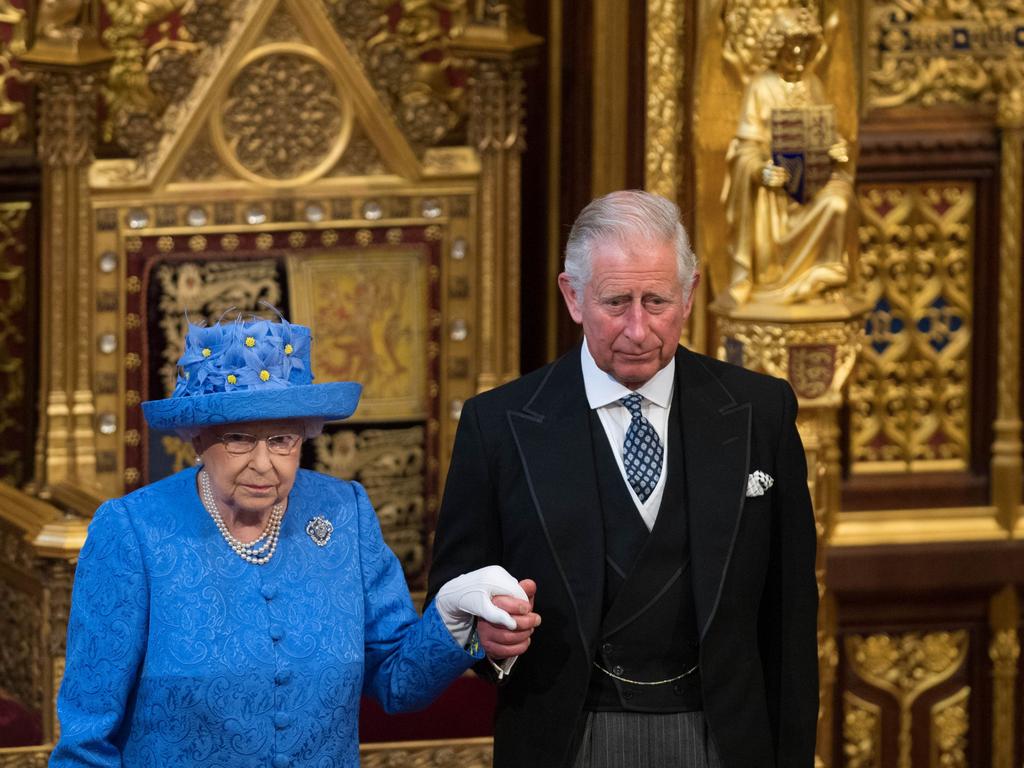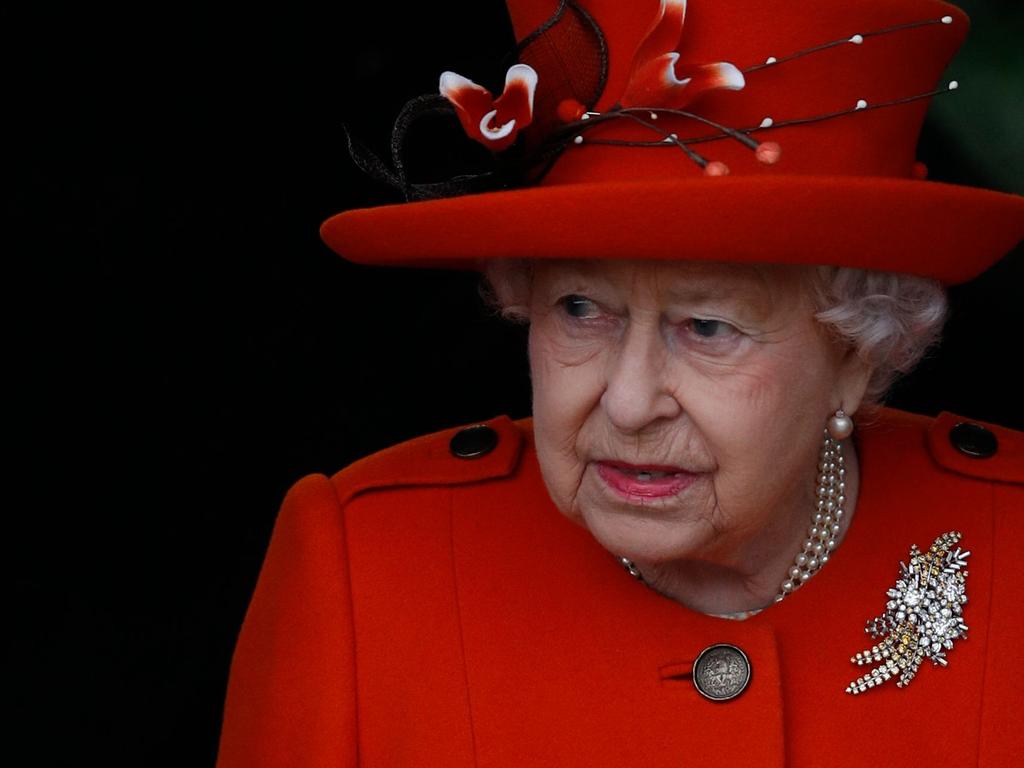Duke’s death triggers flood of complaints over media coverage
Coverage of Prince Philip’s passing has drawn a barrage of complaints to the BBC as media stumbles on a protocol minefield.

The BBC received so many complaints about its wall to wall coverage of Prince Philip’s death — including shutting down two of its channels and mirroring the same program across its radio broadcasts, that it set up a special complaints page.
But after a day of receiving so many complaints about the complaints page, the complaints page was then taken down.
Confused? Not as much as the BBC, which as the national broadcaster has special privileges: being prioritised to be the first broadcaster to make major announcements such as a death of a royal; to enjoying exemptions during the coronavirus lockdown not afforded to any other media.
The BBC is supposed to represent the nation’s interests, which during times of national mourning, have been long and extensively planned.
For the Queen’s death in the future, that means no comedy or sport for weeks. Major tournaments across the land, such as Wimbledon, Queen’s, The Open, events like the Chelsea Flower show and West End shows have special insurance in case a senior royal death means the immediate cancellation of their event. Yet for Philip, a keen yachtsman, polo player, carriage driver and cricket lover, his death didn’t impact on sport at all. The Grand National went ahead on Saturday, as did football matches.

Still, Prince Philip’s death on Friday, aged 99, is a dress rehearsal of sorts for how the UK will respond, eventually, to the Queen dying. In Tudor times just uttering those words would mean a beheading. But as times have changed, so has the Royal Family, who announced Philip’s death on Twitter and the royal.uk website as well as the more formal and traditional notice on the forecourt gates of Buckingham Palace.
The media response was similarly planned: The Sun changed its usual red top to a royal purple banner; the Mail had a special 144 page edition, of which half was devoted to Philip. On television, soap operas and comedy shows and shopping channels were cancelled and BBC TV showed the same program – tributes to Philip. Even the children’s TV channel advised viewers to turn to the main channel. Commercial networks were in a Philip frenzy too: there was no other news on Sky News, and ITV broadcast Philip specials for most of the day. Channel 4 was even criticised for largely keeping to its normal schedule, interspersed with some Philip documentaries.
Newsreaders donned black outfits, ties and scarves and fancy accoutrements like jewellery were removed.
While many Britons paid their respects, against the government advice, by laying flowers at royal residences; others were deeply upset at not being able to sit on the couch and watch EastEnders or the MasterChef final.
However the BBC came under fire for not only promoting its online complaints process, but simplifying it so all people had to do was provide an email address.
On the complaint form, it said it had received “complaints about too much TV coverage” of the Duke’s death.
The taxpayer funded BBC has declined to say how many complaints it received about the Philip coverage on its special complaints page. But it is clear that by Saturday afternoon there may have been some senior executives on the end of the line hearing words about ‘’respect’’, ‘’service’’ and the all important one, ‘’licence-fee’’. Now the BBC complaints website simply says ‘’sorry this page isn’t available’’.








To join the conversation, please log in. Don't have an account? Register
Join the conversation, you are commenting as Logout